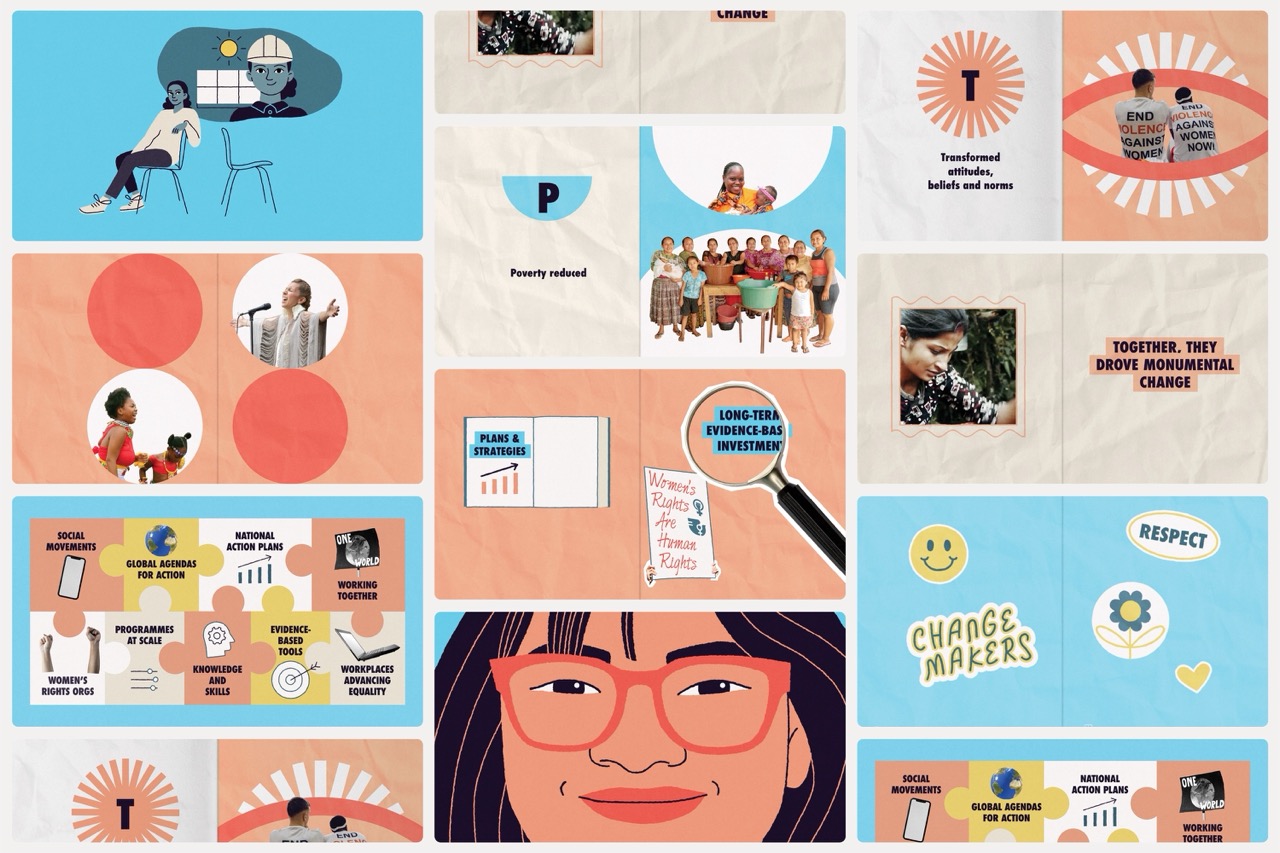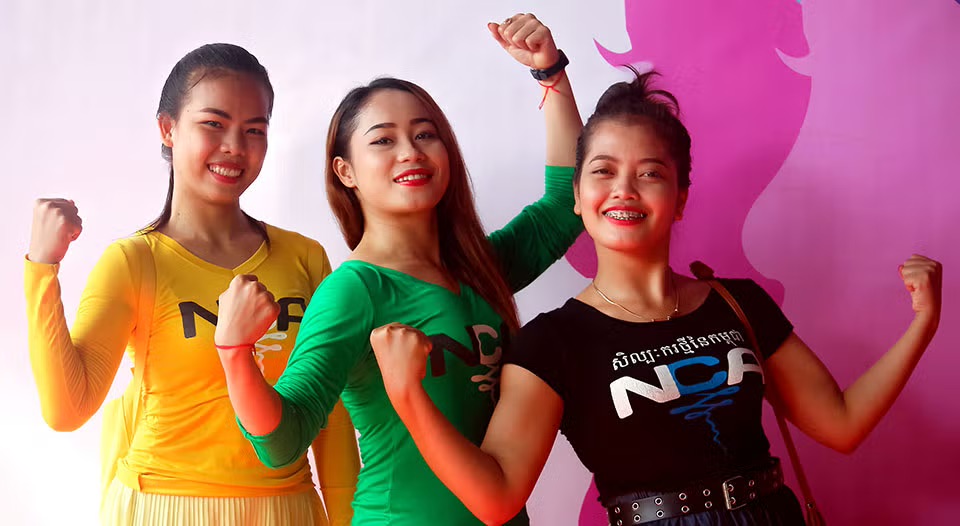Together for Prevention: A Game-Changing Handbook and Creative Communications Tools to Prevent VAWG


Photo by Sreynich Leng, UN Women.
In partnership with UN Women Regional Office for Asia and the Pacific, Equality Institute co-developed Making Progress in Prevention Possible (MPPP)—a groundbreaking monitoring framework for the prevention of violence against women and girls (VAWG). Aligned with the RESPECT Framework and the Sustainable Development Goals, and adapted from Our Watch’s Counting on Change, MPPP provides policymakers and practitioners with clear guidance on how to track prevention progress at the national level.
Building on this foundation, from 2023–2025 EQI and UN Women supported governments in Timor-Leste, Vietnam, and Cambodia through the MPPP Technical Guidance Project. This next phase focused on building capacity, strengthening national monitoring mechanisms, and fostering government ownership of prevention monitoring systems—laying the groundwork for long-term, sustainable change.
Violence against women and girls affects one in three women globally and remains one of the most pressing human rights challenges of our time. While prevention is possible, progress can feel invisible without the ability to measure it. In the Asia-Pacific region, countries lacked consistent tools to track short-, medium-, and long-term progress, making it difficult to compare data, learn across borders, and strengthen collective action.
Monitoring prevention requires more than data collection—it demands shared frameworks, government buy-in, and mechanisms that connect civil society, policymakers, and practitioners. Without these, prevention work risks remaining fragmented, siloed, and unsustainable.
EQI and UN Women developed MPPP as a regionally tailored framework to guide prevention monitoring. The framework identifies the kinds of change countries can expect to see over time and offers practical indicators to track progress across short, medium, and long-term horizons. It also sets out key principles for governments and civil society to consider when undertaking prevention programming and monitoring.
Under the MPPP Technical Guidance Project (2023–2025), this framework was put into practice. EQI and UN Women provided tailored technical support in Timor-Leste, Vietnam, and Cambodia, taking an iterative and country-led approach. Governments and UN Women country offices shaped the support they received, fostering ownership and ensuring monitoring work was not only supported by EQI but led and credited to government staff.
Key activities included:
Together, MPPP and the Technical Guidance Project created a foundation for consistent, sustainable prevention monitoring in the Asia-Pacific region.
“This [MPPP] workshop helped me understand the bigger picture, to know where my work [in preventing VAW] fits in the overall work of the country, and the world.”
Ultimately, this partnership has advanced both regional alignment and national ownership of prevention monitoring, strengthening the evidence base and creating pathways for governments to track, adjust, and accelerate efforts to prevent violence against women and girls.
The land we live and work on always was, and always will be, Aboriginal land. We pay our respects to the Traditional Custodians of Country throughout Australia and acknowledge the ongoing leadership role of Aboriginal & Torres Strait Islander communities in preventing violence against women. We also acknowledge Traditional Custodians of the lands where EQI works around the world.
Read MoreYou have been logged out.
"*" indicates required fields